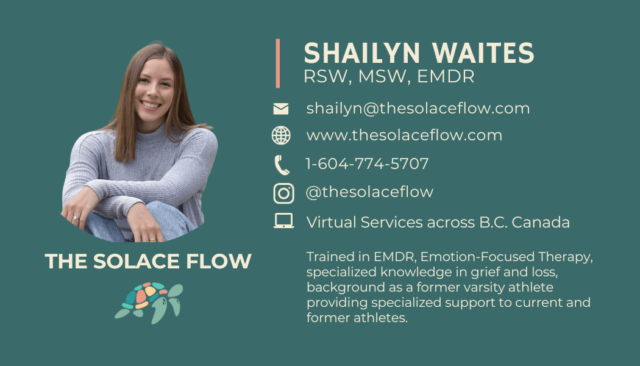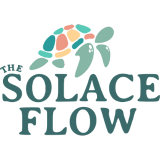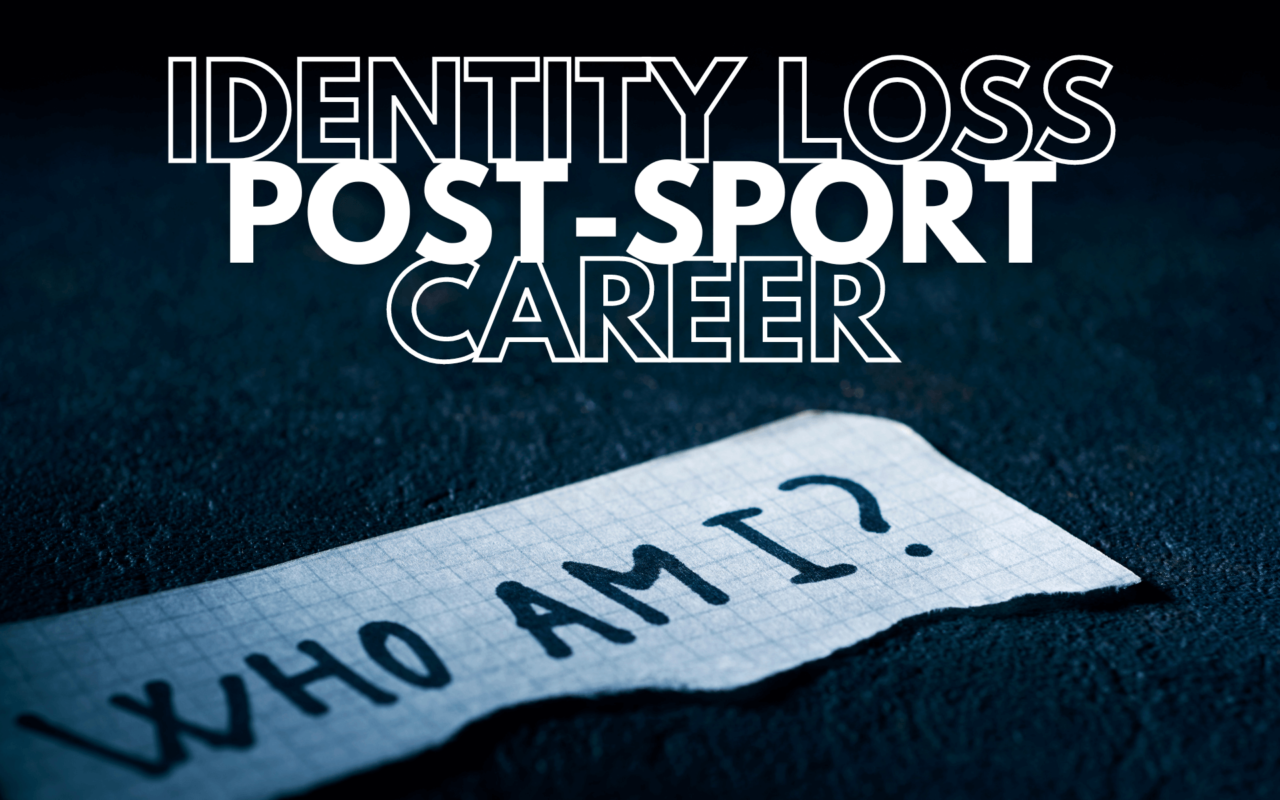Retiring Athletes Face Identity Loss: A Therapist’s Guide for Retiring Athletes
Hello readers! It is Shailyn Waites here, a therapist and former university athlete. I specialize working with athletes transitioning out of sport and one area that is very very common is feeling like you lost the entirety of who you are when leaving sport. Today’s blog is aimed to dive into seeing retirement as a significant life transition and how counselling could be a light in the dark tunnel you may feel you are in.
Understanding Identity Loss in Retiring Athletes:
Retiring from sports is not merely a career change; it’s a fundamental shift in one’s identity. Being an athlete is a label that often makes up the entirety of who you are. Often when people ask to describe yourself, or a fun fact about you, or what you do, the answer has always been “I am an athlete.” You wore that title with pride – as you should. When the cheers fade, and the competitive arena transforms, it’s common to struggle with a profound loss of identity, purpose, and direction. It makes sense that this loss is heartbreaking.
The Emotional Toll of Identity Loss:
Identity loss can manifest in various emotional challenges, including a sense of emptiness, confusion, anxiety, disordered eating/eating disorders, feeling lost in how to move your body so not moving it at all, and even depression. Retiring athletes may find themselves questioning who they are beyond their sport and struggle to redefine their purpose in the absence of a structured athletic identity.
The Role of Counselling in Navigating Identity Loss:
1. Validation and Exploration: Counselling offers a safe space for retiring athletes to validate their feelings of identity loss. Therapists help clients explore the emotions associated with retirement, acknowledging the challenges while encouraging self-discovery.
2. Self-Reflection and Goal Setting: Therapists guide athletes in reflecting on their values, strengths, and aspirations outside of sports. Setting new personal and professional goals becomes a collaborative process, creating a sense of purpose and direction beyond the athletic arena.
3. Coping Strategies and Emotional Resilience: Retirement brings unique stressors, and counselling equips athletes with coping strategies to navigate this transition. Building emotional resilience becomes a crucial aspect of the therapeutic process, empowering individuals to face challenges with strength and adaptability.
4. Building a Holistic Self-Image: Through counselling, athletes can develop a holistic self-image that incorporates their athletic achievements as part of a broader narrative (one chapter in your story as opposed to the entire book). Therapists facilitate the integration of the athlete’s identity into their evolving self, emphasizing personal growth and embracing new roles.
Retiring from sports may signal the end of a chapter, but it opens doors to untold possibilities. As a therapist specializing in supporting retiring athletes, my mission is to guide you through the complexity of grief and identity loss with empathy, expertise, and personal experience. If you’re ready to explore life beyond the playing field, counselling can be the compass that directs you towards a fulfilling, well-rounded identity in your post-athletic journey.
If this blog post resonates with you and you are located in British Columbia or Ontario Canada, BOOK NOW HERE: thesolaceflow.janeapp.com/
Not QUITE sure yet if counselling is the next step for you? That is okay! Check out my Instagram page that is filled with daily content about mental health in sports (www.instagram.com/thesolaceflow)
Shailyn Waites, RSW, MSW, EMDR
The Solace Flow


